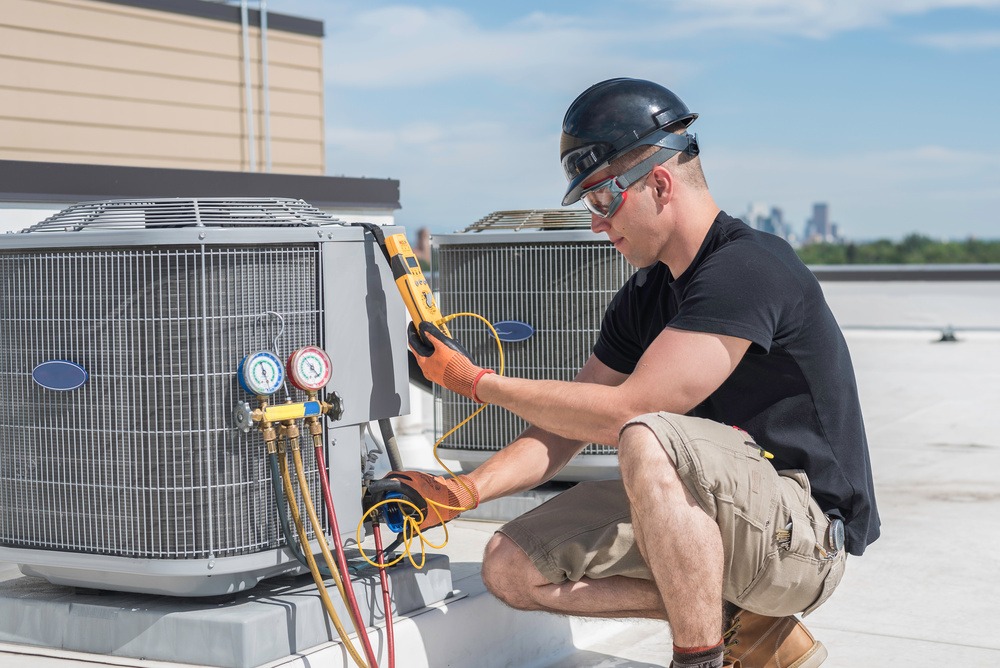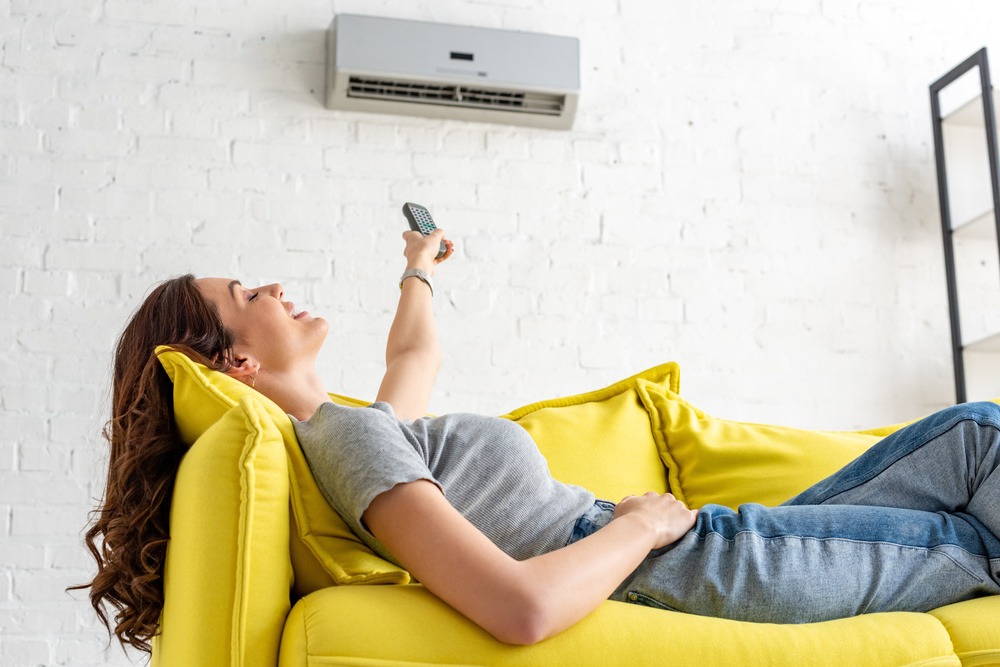A heating, ventilation, and air conditioning (HVAC) system is one of homeowners’ most significant investments. An inefficient one is disappointing as you logically expect to get the best out of it. An old and faulty HVAC system can lead to issues like poor indoor air quality and increased energy bills. These situations can affect the comfort, health, and productivity of your family, or employees and clients. You need to track the maintenance needs of your system to prevent failure, and keep energy and repair expenses low.
At some point, however, no matter how well you maintain your HVAC system, you’ll have to fix it or, in severe cases, get a new one. This article lists down some ways to know it’s time for a heating repair or an entire system replacement. Read on to learn about them.
Signs That It’s Time For AN HVAC Replacement
1. Old HVAC System
Air conditioners usually last for at least ten years and hardly go beyond 15 years. The Department of Energy recommends that an HVAC system needs to be replaced after every 10 to 15 years. Although modern units are quite durable, their significant components will start to deteriorate after the tenth year, depending on maintenance.
If you live in Oklahoma and are looking for expert HVAC services to do regular maintenance works on your system, here’s one of your best options:
2. High Repair Costs
All HVAC systems require repairs from time to time, but if their costs exceed half the price of a new system, then replacement is the best option. As established in the previous item, if your system is a decade old, buying a new one would be the better option than heating repair Stillwater, OK, or wherever you live.
Signs That Your HVAC Requires Repair
1. Reduced Airflow
If you notice a change in the airflow, whether the air isn’t as cold as it used to get or the flow is abnormally slow, you need an HVAC repair. The most probable culprit, in this case, is the compressor, but you could also check if the filters are clean.
2. Increasing Energy Bills
A rising energy bill without extra usage indicates that your HVAC system needs repair or replacement. The efficiency of HVAC systems tends to decline as they age, which can be especially problematic if the unit isn’t being serviced at least once per year. Some problems you might have include leaks in the ductwork or a broken thermostat switch.
3. Water Or Freon Leaks
When you notice any moisture leak in or around your HVAC system, that’s a problem that needs fixing. Freon is poisonous, so you need to have the system checked by a professional. On the other hand, it could just be water. But, whatever the case, you need to contact an HVAC specialist.
4. Odd Sounds
If you hear banging, scraping, grinding, or squealing sounds from your system, then you need to contact an HVAC expert to come and check out the problem. It could be a loose belt or another part that needs to be repositioned as soon as possible before further damage occurs
5. Can’t Maintain A Comfortable Temperature
As your HVAC system ages, it’ll often struggle to maintain a consistent and ideal temperature in your home. The cause for this issue could be clogged filters, a damaged thermostat, cracked ducts, low fluid levels, a faulty thermostat, or, worse, damaged motors.
Temperature inconsistency might also mean that the ductwork wasn’t properly installed, or the system needs to be more robust to supply air through your home. Every home has unique heating and cooling needs, and sticking to that system will lead to high energy bills and an uncomfortable home environment.
6. Unusual Smells
HVAC units aren’t supposed to produce strange odors; if yours does, it should be a cause for alarm. If it emits a strong smell, it could be a sign of a burnt wire inside the unit. If the smell is musty, that might mean mold in the ductwork or the unit itself. In such types of occurrences, you need to hire a professional to diagnose and fix the issue immediately.
7. Presence Of Dust In Your Home
Your home’s HVAC system is responsible for providing heated and cooled air throughout your home, as well as proper ventilation. When the system is working correctly, it should improve the air quality in your home by removing dust, dirt, dander, and debris while keeping humidity under control. If you start noticing increased dust at home, it’s a sign that your HVAC system isn’t working efficiently enough to remove it.
Summary
Keeping comfortable temperatures inside your home, especially during extreme months, takes knowing how to keep your HVAC system in optimum condition. If you notice any signs mentioned here, contact a professional HVAC technician right away. It’ll save you unnecessary costs resulting from ignoring an issue or trying to repair it yourself. These signs are vital reminders to identify problems and, in many instances, avoid a whole HVAC unit replacement.


